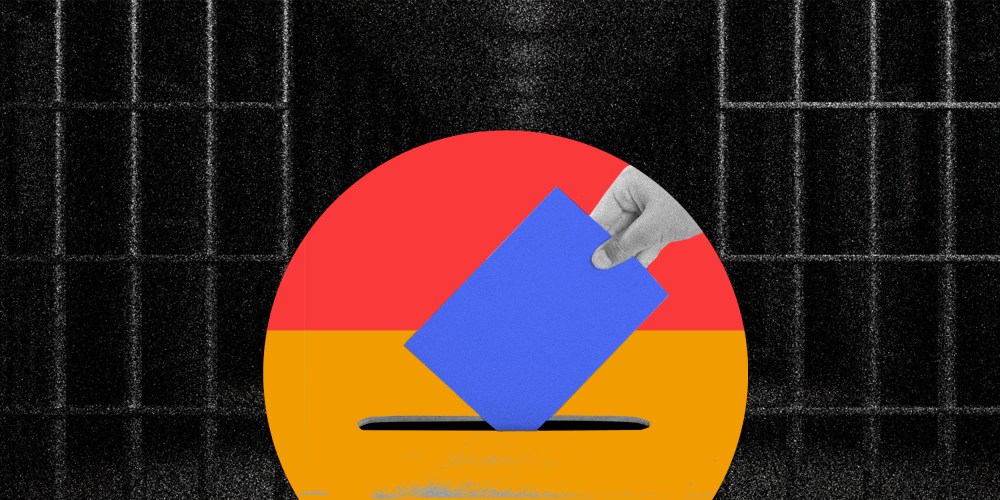You have to hand it to Republicans — they’re not exactly shy when it comes to broadcasting what they want. And in the aftermath of the 2020 election, it’s clear that what they want is fewer people voting — a lot fewer, if they can help it, especially minorities and other groups who tend to vote for Democrats.
As Republicans introduce bill after bill in statehouses around the country, there’s growing concern that their transparent efforts might spark a backlash. But Democrats can’t afford to wait for this experiment in entrenched inequality to blow up in the GOP’s face. Instead, they need to be taking proactive measures to expand voting rights to the disenfranchised.
That will include easing restrictions on absentee ballots, boosting the number of days for in-person early voting — and restoring the rights of millions of people who are denied immediate access to the ballot because they’ve served time behind bars.

According to the National Conference of State Legislatures, there are 11 states where felons lose their right to vote indefinitely, at times being re-enfranchised only after pardons from the governor. Even in the states where that’s not the case, there’s work to be done. Thankfully, there are already lawmakers who are putting in that effort.
On Wednesday, Washington’s Legislature passed HB 1078, which would remove restrictions on parolees’ and other ex-felons’ voting rights. As it stands, those rights “can be revoked if the ex-offender falls behind on paying court-ordered fines or restitution,” The Seattle Times editorial board wrote this month. “Voting rights ought not be connected to the voter’s ability to make payments,” the board rightly noted.
Democrats can’t afford to wait for this experiment in entrenched inequality to blow up in the GOP’s face. Instead, they need to be taking proactive measures to expand voting rights to the disenfranchised.
New York took also took steps last week, when its Senate passed a bill that would automatically restore voting rights to New Yorkers once they are released from jail. The law as it stands “has its roots in the era immediately after the Civil War, when New York lawmakers sought to limit the ability of Black men to vote,” the Brennan Center for Justice explains. “The law on the books today has remained unchanged in substance for 50 years and primarily disenfranchises people of color: approximately 75 percent of people who are home from prison but ineligible to vote are Black and Latino.”
Both the New York and Washington bills now need the other halves of the legislatures to act, as does a bill passed in the New Mexico House to restore voting rights upon release from prison this month.
Meanwhile, Oregon is considering joining Maine, Vermont and Washington, D.C., in allowing currently imprisoned felons to keep their voting rights. The two bills in question would allow about 12,600 Oregon prisoners to register and vote in future elections based on their last places of residence before their sentencings.













